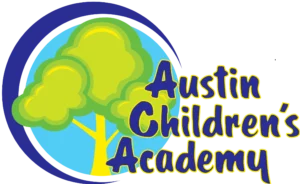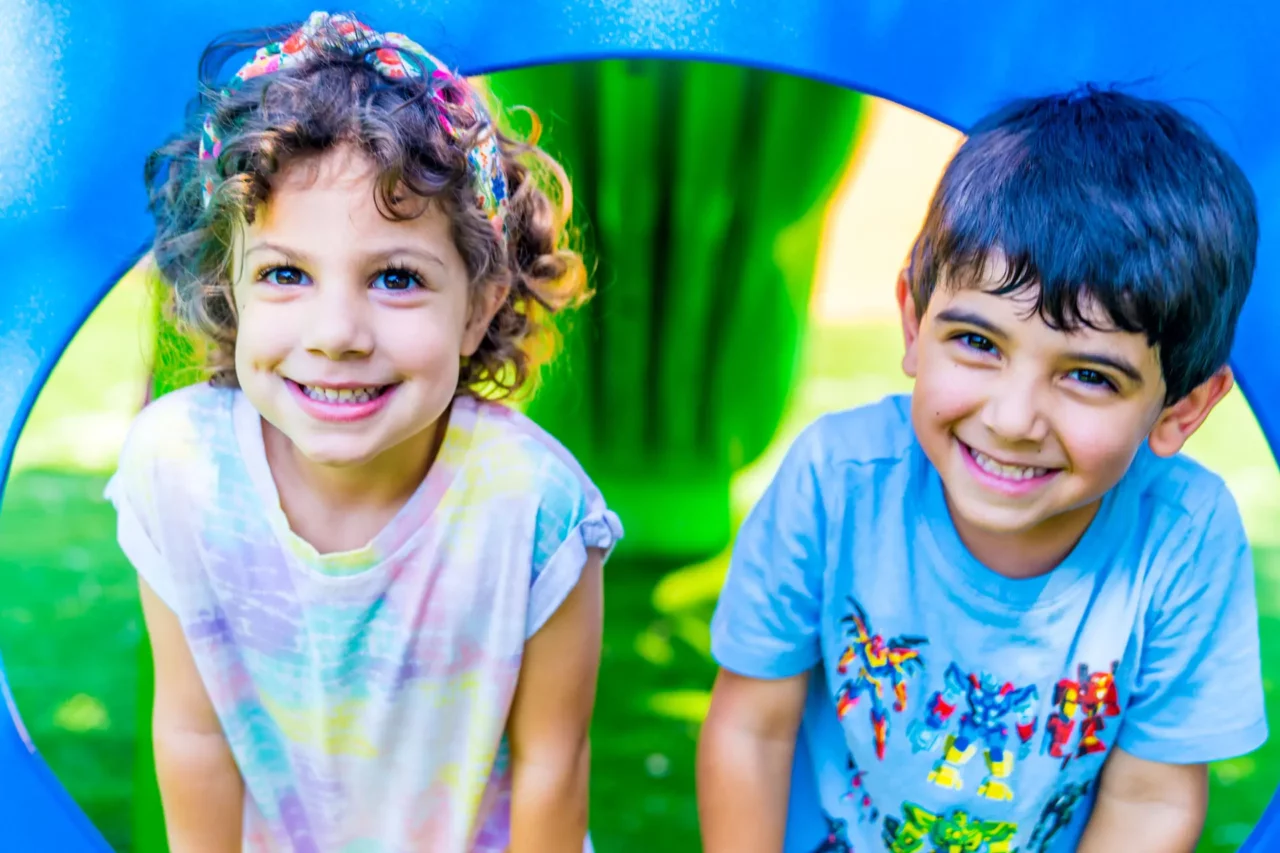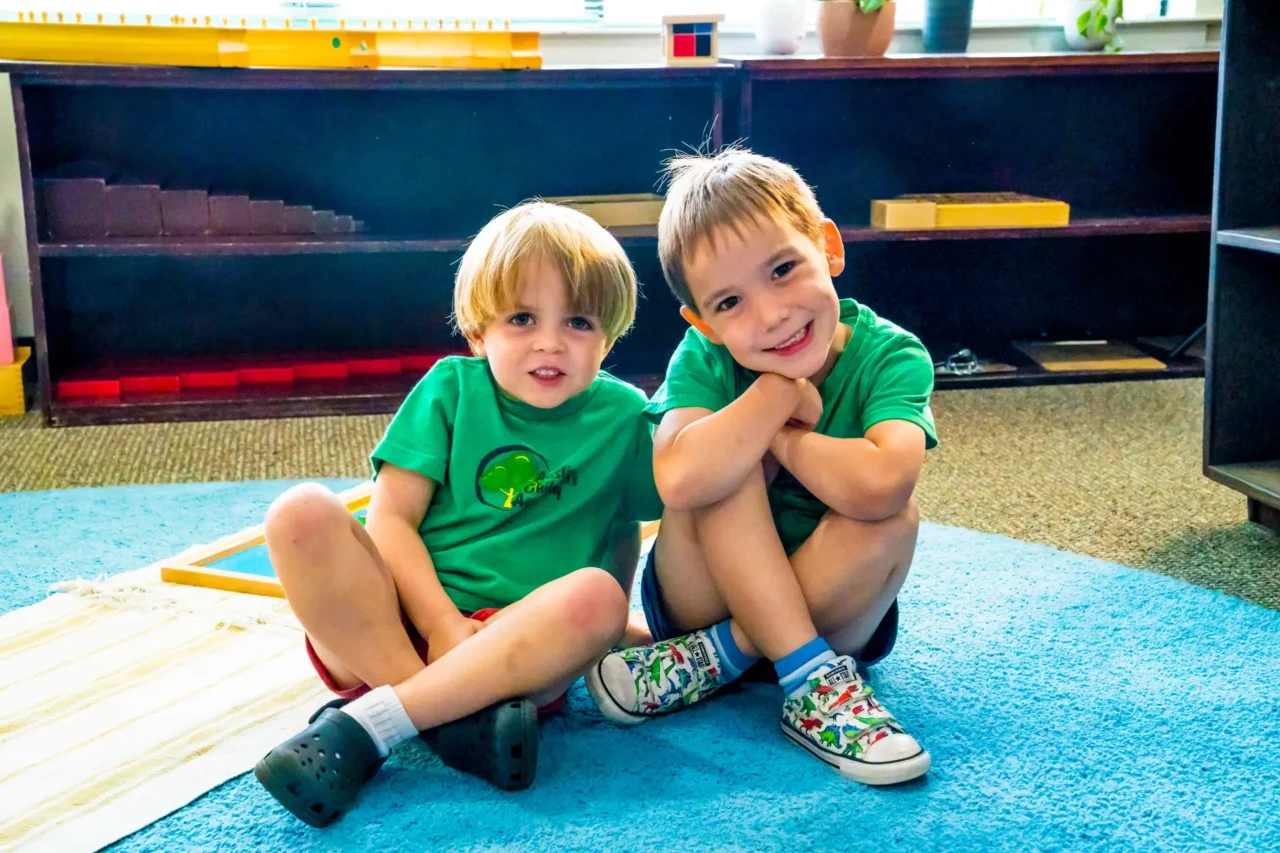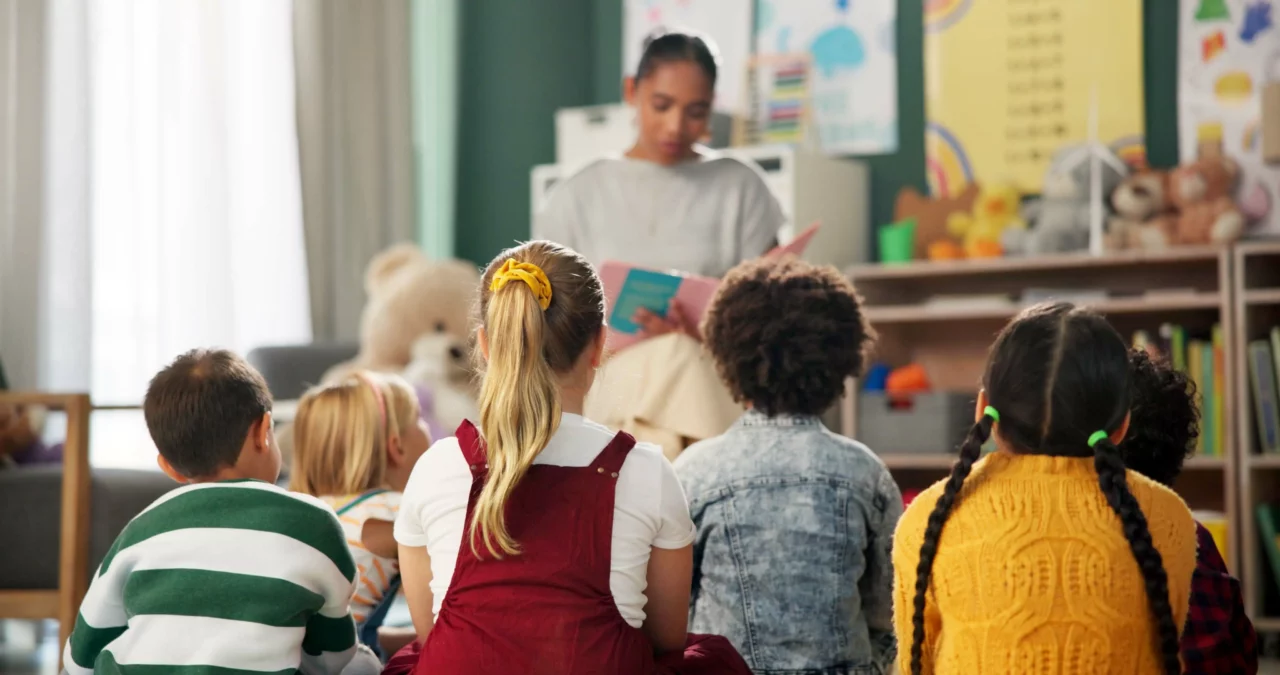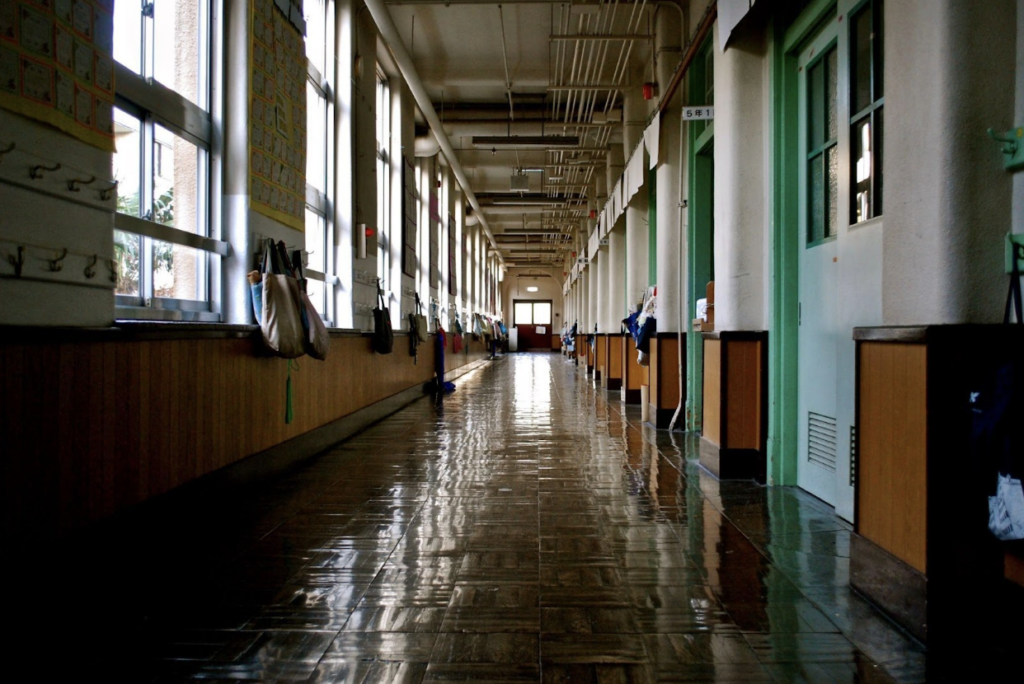
In this article, we’ll discuss the differences between Montessori and traditional education. We find that, with parents new to the philosophy, this is one of their most common curiosities.
The Montessori Method
The Montessori method is based on a number of things:
- self-directed activity
- hands-on learning
- collaborative play
Instead of simply developing one aspect of a child (the academic aspect), the Montessori method focuses on the whole child.
Benefits of Montessori School
Now that you have a firm handle on the Montessori method, let’s take a look at the benefits of Montessori school.
Children who attend Montessori schools tend to have better social and academic skills, along with a better understanding of justice and fairness. Montessori children are also more likely to engage in emotionally positive play with their peers rather than rough play.
Montessori vs. Traditional Education
Keep reading to learn about the five main differences between Montessori and traditional education. This will help you get a balanced idea of what Montessori education is like.
Child-Led vs. Teacher-Led
You’re probably aware that teachers set the pace within a traditional classroom. They decide what students will work on and how long they will work. A Montessori classroom looks a little different than that.
A Montessori classroom follows the needs and desires of the child. Teachers, instead of leading the way, provide a modest number of activities for children to choose from. This allows students’ interests to shine through, and it helps children focus on internal motivation rather than external.
The teachers still make sure the classroom covers all necessary academics, just in a different fashion.
Multi-Age Classrooms vs. Single-Age Classrooms
Most traditional elementary schools have children grouped into classrooms by age. There’s about a six-to-twelve-month discrepancy in some cases, but typically that gap is no larger than a year.
In a Montessori classroom, though, there is a three-year age gap between the oldest child and the youngest. This is so the older children can refine their leadership skills by mentoring the younger ones in subjects they learned when they were beginners.
Such an age gap doesn’t only help mold leadership skills, but it also helps build empathy and compassion—and soon it becomes second nature for children to help one another.
Holistic Education vs. Academic Focus
You’ll often see subjects like math, reading, writing, history, and science in a traditional school. There are oftentimes extracurricular subjects like gym, art, and languages as well, but those typically take the back seat to academics.
A Montessori school spends just as much time on academics as it does on topics that traditional school doesn’t even touch on, like grace and courtesy. The Montessori philosophy emphasizes emotional intelligence, social skills, and politeness, and the holistic approach focuses on cultivating all of these skills in a child. Practical life is also focused on so children can learn to be more independent as they grow older.
Hands-On Learning vs. Hands-Off
While it’s true that traditional classrooms are more hands-on now than they were in the past, they still don’t measure up to the hands-on qualities of a Montessori classroom. Traditional students still spend much of their time completing worksheets, while Montessori students focus on materials that can be manipulated with their hands. This type of hands-on learning is also great for the development of fine and gross motor skills.
Freedom vs. Rigidity
There are many instances in which movement is restricted in traditional schools, but in a Montessori classroom, children are free to move around wherever they want—as long as they aren’t disrupting others. To support this, there are many Montessori activities that involve getting up and moving around the classroom.
Getting Familiar with Montessori
At Austin Children’s Academy, we want our community to learn as much about Montessori education as possible, as it’s a philosophy we stand firmly behind—and we want to share that conviction with you and your children.
To learn more about our education style, get in touch with us today or schedule a tour of our school.
